Cigna, one of the nation's largest health insurers, announced plans to eliminate prescription drug rebates in its fully insured commercial health plans starting in 2027. The insurer will expand its rebate-free model as an offering to clients of its pharmacy benefits business beginning in 2028. According to Bloomberg, this policy change promises to save money for some patients, particularly those in high deductible plans, by reducing their out-of-pocket costs for medications.
Cigna's decision to eliminate rebates is a significant shift in the health insurance industry, where rebates have long been a standard practice. Under the current system, pharmaceutical companies pay rebates to health insurers to secure preferred placement on formularies, which are lists of covered medications. However, critics argue that this practice drives up costs for patients and creates conflicts of interest between insurers and pharmaceutical companies.
"This change will help patients save money on their prescription medications, particularly those in high deductible plans," said a Cigna spokesperson. "By eliminating rebates, we can provide more transparent and predictable pricing for our customers."
The rebate-free model is expected to benefit patients who are in the deductible phase of their insurance, where they are responsible for paying a larger share of their medical expenses. Once they reach their deductible, patients typically enter a coverage phase, where their insurance plan pays a larger share of their expenses. Under Cigna's new model, patients may have lower out-of-pocket costs for medications during this phase.
However, questions remain about the extent to which rebates will be replaced and how much adoption will be seen by plan sponsors who contract with Cigna. Some experts argue that the elimination of rebates may not necessarily lead to lower costs for patients, as pharmaceutical companies may simply pass on the costs to consumers through higher prices.
"It's unclear whether this change will ultimately benefit patients or simply shift costs to other parts of the healthcare system," said a healthcare policy analyst. "We need to see more data on how this model will play out in practice."
Cigna's rebate-free model is part of a broader trend in the health insurance industry to prioritize transparency and affordability. Other insurers have also announced plans to eliminate rebates or reduce their reliance on them. As the industry continues to evolve, it remains to be seen how Cigna's new model will be received by patients and plan sponsors alike.
In the meantime, Cigna's decision to eliminate rebates marks a significant shift in the way that health insurers approach prescription drug pricing. While the change promises to save money for some patients, it also raises important questions about the future of the rebate system and its impact on the healthcare industry as a whole.







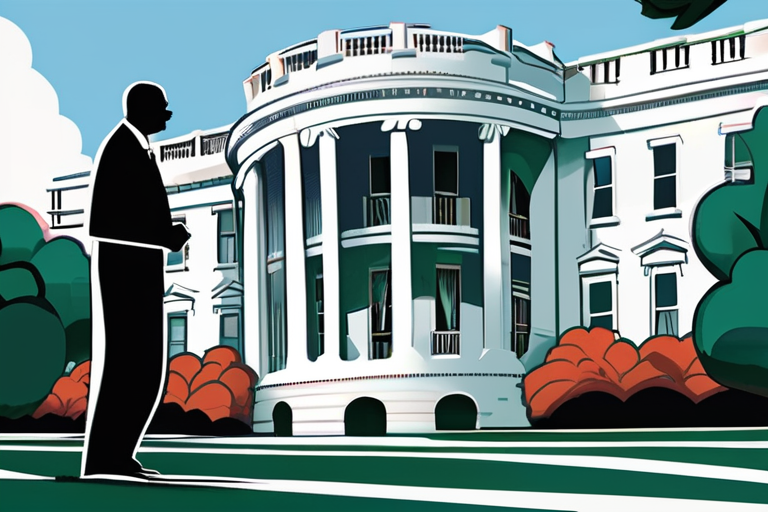
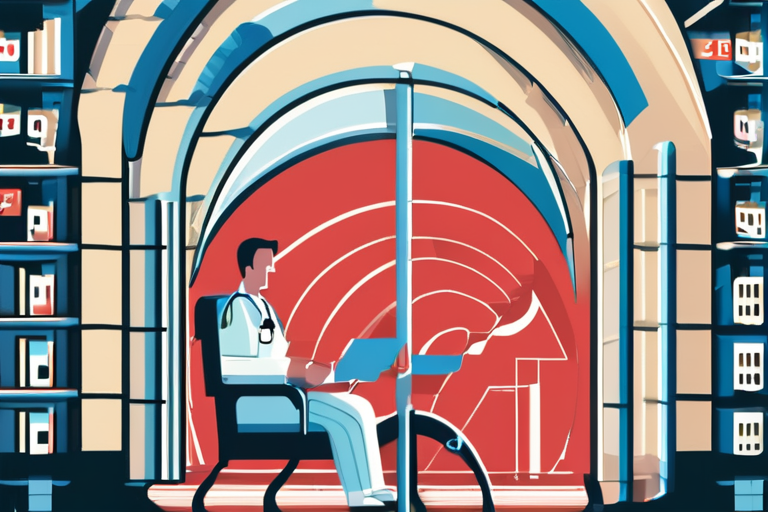

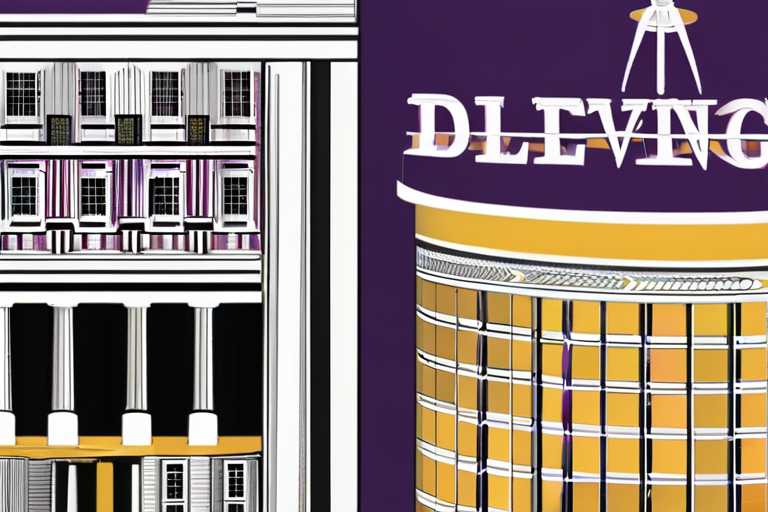




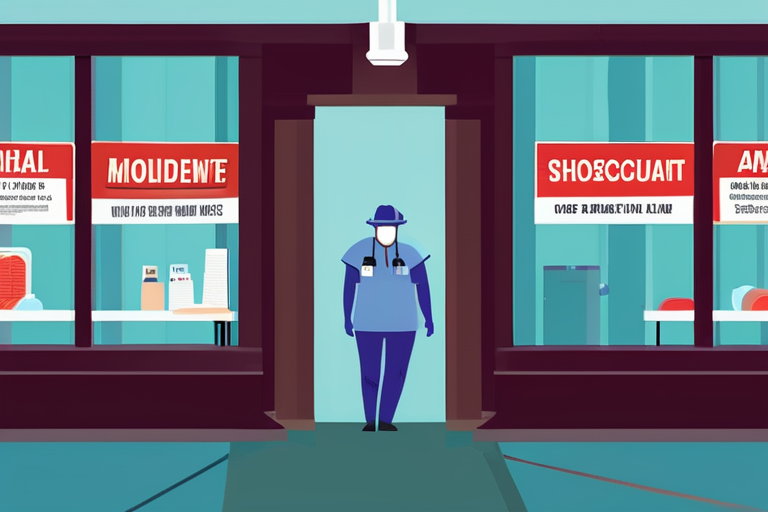


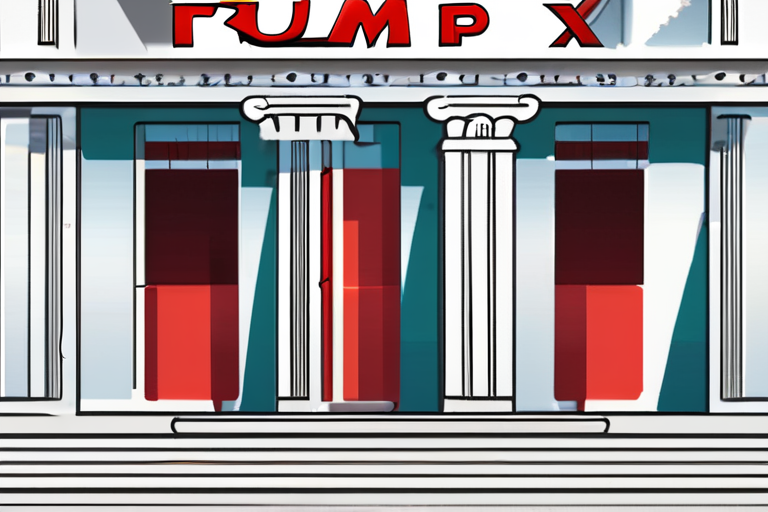

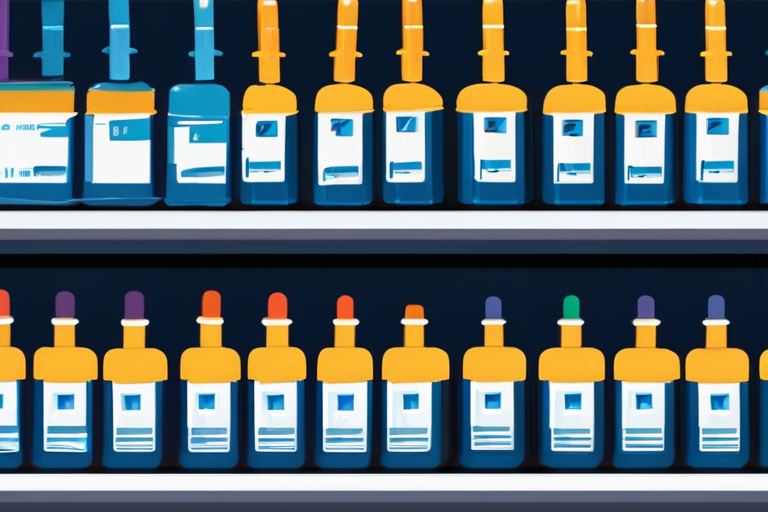


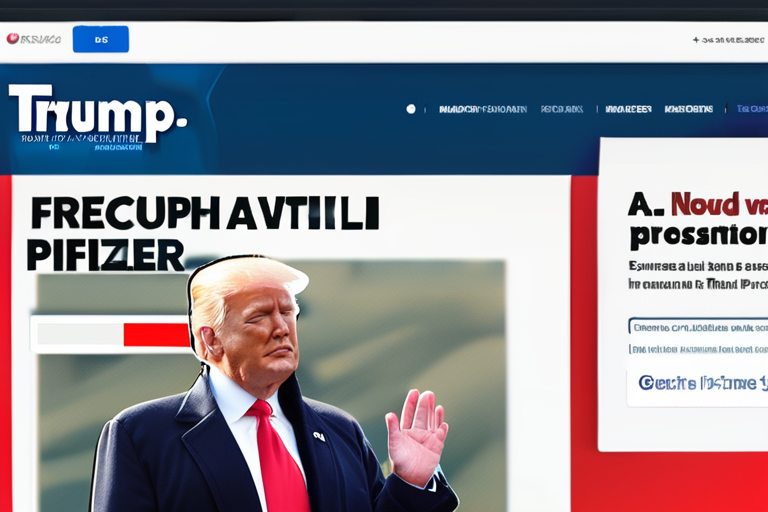



Share & Engage Share
Share this article